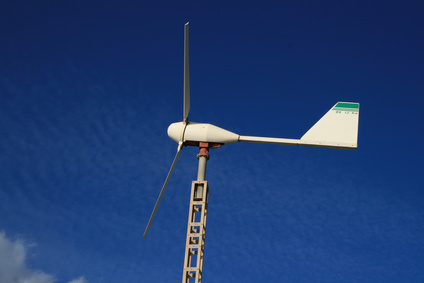We live in interesting times. There’s no denying it.
In light of the unprecedented scope and complexity of the problems the world faces, Thomas Homer-Dixon has said that ecology–the study of natural systems–will be the dominant field of study in the 21st century. The term system refers not only to the environment, but to things like economies and populations and, most importantly, to the interconnectedness between and among systems, as in a town or city.
If, instead, we treat problems in isolation from one another, we may find that we are treating multiple and recurring symptoms while the cause persists.
No other issue epitomizes this need for a holistic approach to problem-solving more than climate change.
The build-up in the atmosphere of heat-trapping gasses, like carbon dioxide and methane, is causing global temperatures to rise. This, in turn, is destabilizing the earth’s climate systems as they adapt, trying to equilibrate. And while global warming is largely the result of the profligate burning of fossil fuels (coal, oil, gas) and unchecked economic growth in the industrialized West, the effects of climate change will be felt first and worst in the poorest communities in the Global South–effects ranging from poor air quality and rising sea levels to desertification and ocean acidification. In already stressed parts of the world, the more extreme of these effects may lead to resource wars, not just over oil but also over food and water.
Slowing down, adapting to, and otherwise mitigating the worst effects of climate change at home and abroad will require seeing the complex interconnections between ecosystems, economies and human populations; between energy, development and social justice. In short, climate change is not only a scientific and technological issue, but a political, economic and moral one, too.
However, despite being perhaps the defining ecological crisis of our time, climate change only seems to surface in the mainstream media when yet another controversy breaks.
In November of 2009, just weeks prior to the International Climate Conference in Copenhagen, a large number of emails were hacked from the Climate Research Unit (CRU) at the University of East Anglia in England. The emails were between leading climate scientists involved with the Intergovernmental Panel on Climate Change (IPCC), leading the media to dub the theft “Climategate”.
Many believe the emails reveal disturbing evidence of data manipulation and deletion, as well as a conspiracy to silence dissenting scientific opinion. Some have even gone so far as to suggest the entire case for global warming has been manufactured in order to transfer billions of dollars from rich to poor nations.
This Tuesday at 7pm at the Cape Breton Centre for Heritage Science, Andrew Reynolds, a History and Philosophy of Science Professor at Cape Breton University, will discuss how credible the charges of scientific fraud are, offer a comparison to several recent cases of real scientific misconduct, and provide some historical background into the climate skeptic movement.
Geoff Lee-Dadswell, a Physics Professor at CBU, will investigate the consensus among the scientific community about global warming, address what scientists mean by “uncertainty”, and summarize the evidence for human-caused global warming with a look at some of the questions that remain unanswered.
In addition to the consensus and controversy surrounding the science and politics of climate change, the discussion will also include a look at some of the ways communities in Cape Breton and around the world are already responding to climate change.
Climate change is a multi-faceted, multiplying and ultimately messy problem. It won’t go away simply by ignoring it. If Homer-Dixon is right, what the world needs is an increase in communication, especially between disciplines, and among practitioners willing and able to test the assumptions of one discipline against the findings of another. Meanwhile, engaged citizens must be ready to take those findings from the drawing board out into their communities. Perhaps never before has the slogan “think global, act local” been so relevant.
Controversy, consensus and community responses to climate change – an interdisciplinary presentation is presented by the Centre for International Studies at CBU (cbu-cis.ca).


